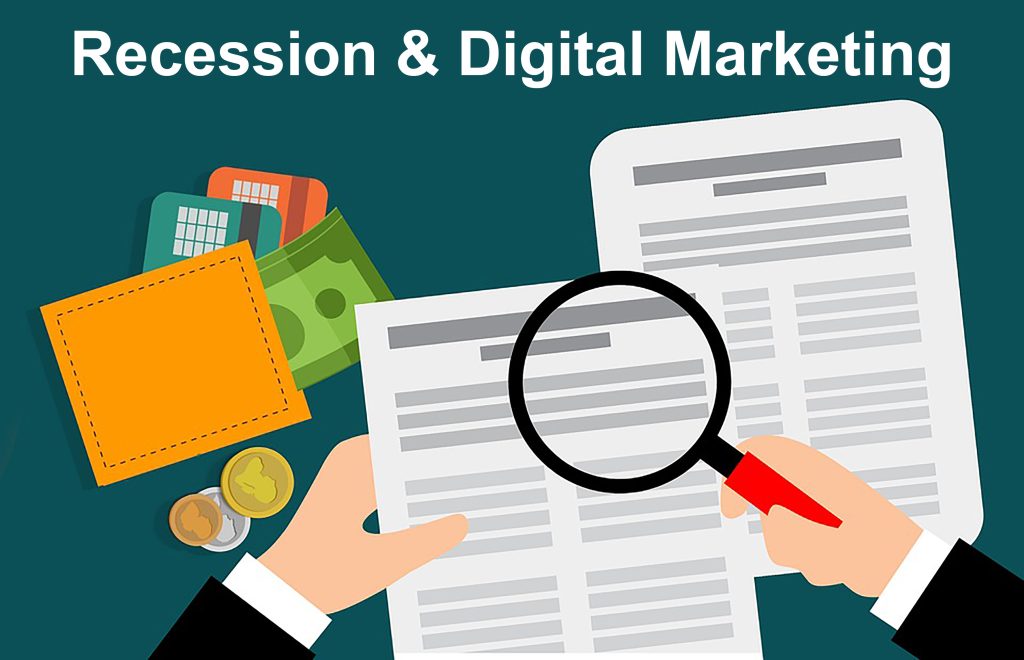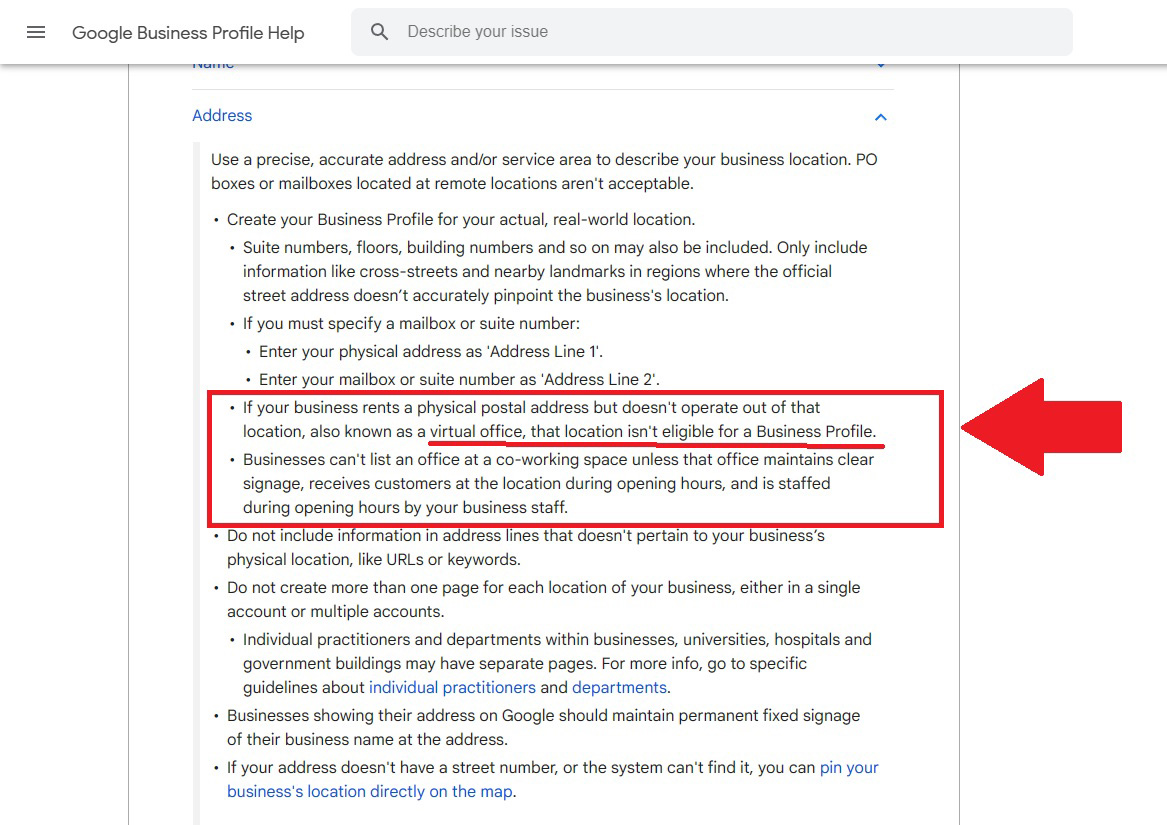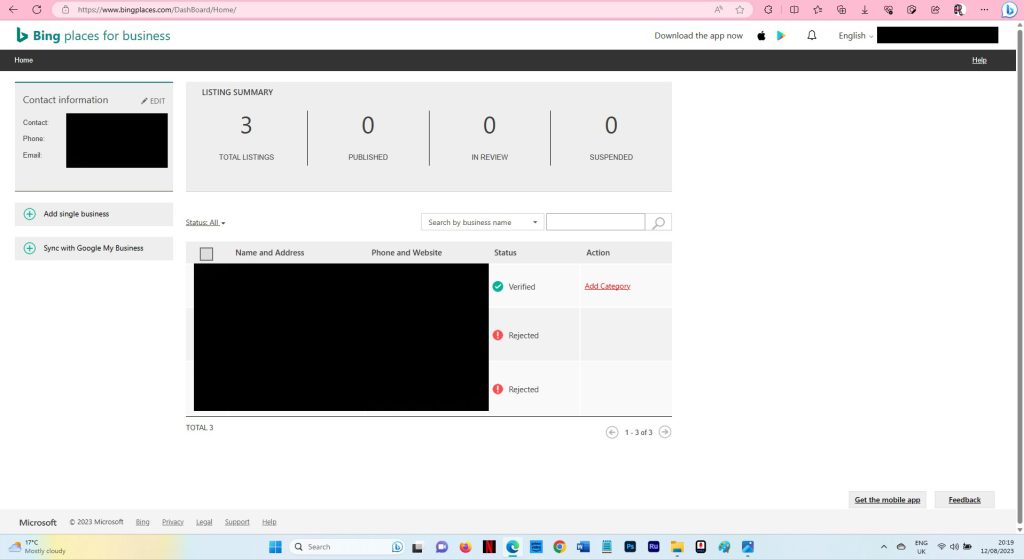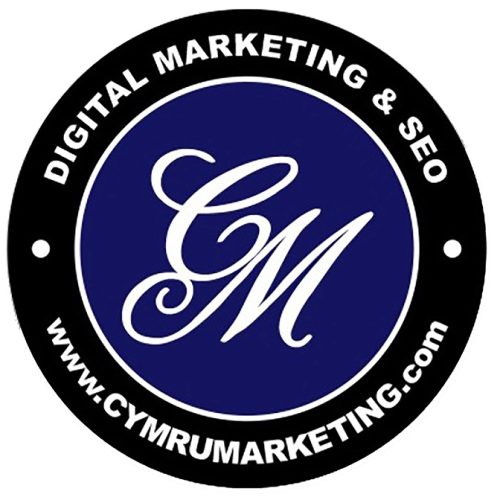

The Network Effect: Elevating Your Business by Who You Know
Intricate dancing of the business world, the adage “It’s not what you know, but who you know” is a guiding light for those seeking to ascend the ranks. Where relationships are currency and collaborations shape destinies, the power of connections cannot be understated.
The significance of networking and how cultivating the right relationships can lead to rubbing shoulders with the people who wield influence and drive progress should be paramount in building relationships.
The Web of Opportunity
Knowledge and competence are undoubtedly important. However, when it comes to making significant strides in your business journey, the network you build can be your greatest asset. This network acts as a web of opportunity, linking you to individuals who possess insights, resources, and access that can catalyze your growth.
- Access to Insider Information: Those who have been in the industry for years hold valuable insights that textbooks and courses can’t provide. Conversations with industry veterans can offer perspectives that go beyond what’s available in public domain knowledge.
- Accelerated Learning: Learning from the experiences of others can fast-track your understanding of pitfalls, challenges, and shortcuts. The wisdom gleaned from conversations with seasoned professionals can save you time and resources on trial and error.
- Opening Doors: Well-connected individuals have the power to introduce you to circles and opportunities that might otherwise remain out of reach. A warm introduction from someone respected in the field can significantly increase your chances of being noticed.
- Collaborative Ventures: Partnerships and collaborations are the heartbeats of business expansion. By connecting with individuals who align with your goals, you can tap into joint ventures that magnify your impact.
Navigating the Circle of Influence
Indeed, those at the zenith of their industries often don’t have the bandwidth to engage with every aspiring entrepreneur. However, this shouldn’t discourage you.
Here are strategies to break through and be recognized:
- Craft a Unique Value Proposition: Before seeking to connect, understand what sets your business apart. A unique value proposition piques interest and forms a foundation for meaningful conversations.
- Leverage Second-Degree Connections: Your immediate network might not be able to introduce you directly to industry giants, but second-degree connections can bridge the gap. Explore your contacts and identify potential intermediaries.
- Attend Industry Events: Conferences, seminars, and workshops offer fertile ground for networking. These events gather like-minded individuals, including those you aspire to connect with.
- Provide Value Upfront: Demonstrate your worth before asking for assistance. Share insights, offer assistance, or present solutions to the challenges your potential connections might be facing.
- Be Genuine and Respectful: Authenticity matters. Approach connections with genuine interest and respect for their time and expertise. People are more likely to engage when they sense sincerity.
The Fusion of Strategy and Networking
While relationships are important, they are not the sole ingredient in the recipe for success. Strategic thinking and exceptional execution are equally essential. To get noticed by the right people, consider these steps:
- Define Your Goals: Understand why you want to connect with influential individuals. Clarify your objectives and align your efforts accordingly.
- Develop a Personal Brand: Your brand is your digital footprint. Curate a professional online presence that showcases your expertise and passion.
- Engage in Thought Leadership: Contribute to conversations in your field. Write articles, give talks, and engage in discussions to establish yourself as a thought leader.
- Invest in Your Expertise: Continuously expand your knowledge and skills. The more you know, the more valuable your interactions become.
- Stay Persistent: Building a network and making meaningful connections takes time. Stay persistent, and don’t be discouraged by initial rejections.
The Summit of Connection
The catchphrase “It’s not what you know, but who you know” carries profound truth. As you embark on your journey, remember that your network can be your compass, guiding you toward collaborations that elevate your business. While the path might not always be straightforward, the fusion of your expertise, strategy, and networking prowess will eventually lead you to rub shoulders with the people who matter most.
The Power of Connections: Getting Your Business Noticed in a Competitive World
In the dynamic and fast-paced world of business, the adage “It’s not what you know, but who you know” holds significant truth. While knowledge and skills are undoubtedly essential, building and leveraging relationships can often be the key differentiator in propelling your business forward.
The Networking Advantage
Where information is readily available and competition is fierce, establishing connections has become more critical than ever before. Networking isn’t just about shaking hands and exchanging business cards; it’s about cultivating genuine relationships that can open doors, provide insights, and create opportunities. Those “at the top of the food chain” may not directly engage with every newcomer, but they often have an extensive network that can become your bridge to success.
Networking provides several advantages:
- Access to Resources: Well-connected individuals have access to a wealth of resources, including funding, expertise, and market insights. By aligning yourself with the right people, you gain access to a repository of information that can aid your business’s growth.
- Credibility and Trust: Recommendations and referrals from trusted connections can lend credibility to your business. Positive word-of-mouth from influential individuals can significantly impact your reputation.
- Collaborative Opportunities: Networking can lead to collaborative ventures that expand your reach and customer base. Partnerships and collaborations often emerge from relationships nurtured through networking.
- Mentorship and Learning: Connecting with experienced professionals can provide valuable mentorship. Learning from their successes and failures can offer insights that textbooks can’t provide.
Overcoming the Small Fry Syndrome
Indeed, prominent figures in the business world might not immediately engage with smaller players. However, this doesn’t mean you’re destined to remain unnoticed. There are strategies you can employ to break through the noise and capture their attention:
- Focus on Niche Networking: Instead of trying to connect with every influential person, focus on building relationships within your niche or industry. Attend relevant conferences, seminars, and webinars where you’re more likely to encounter individuals who understand and appreciate your business.
- Offer Value First: To stand out, offer value before seeking it. Provide insights, share your expertise, or offer assistance to those you want to connect with. This establishes a foundation of goodwill that can lead to meaningful connections.
- Leverage Digital Platforms: Social media and online networking platforms have democratized the networking process. Engage with thought leaders, share valuable content, and participate in discussions to make your presence felt.
- Utilize Referrals: Mutual connections can facilitate introductions. If you have a shared contact with someone you’re trying to connect with, don’t hesitate to ask for an introduction. A warm introduction is often more effective than a cold outreach.
- Craft a Compelling Story: Your business’s story is a powerful tool. Craft a compelling narrative that communicates your mission, values, and what sets you apart. A well-told story can capture the attention of even the most influential individuals.
How to Approach a Business or High Net-Worth Individual to do business with?
The Art of Approaching High-Net-Worth Individuals and Businesses for Collaboration
Forging alliances with high-net-worth individuals and successful enterprises can be a transformative move. However, the prospect of approaching these influential players can be daunting. To navigate this intricate terrain and unlock potential collaborations, mastering the art of approach is essential. In this article, we explore strategies on how to initiate contact and build meaningful connections with high-net-worth individuals and businesses.
- Research and Preparation: Before making any move, gather comprehensive information about the target individual or business. Understand their background, achievements, interests, and any recent developments. Tailor your approach based on this information to demonstrate that you’ve done your homework and are genuinely interested in what they do.
- Craft a Compelling Value Proposition: High-net-worth individuals and successful businesses are often approached by numerous people seeking partnerships. To stand out, articulate a clear and compelling value proposition. Highlight how a collaboration could benefit both parties, whether through revenue generation, mutual growth, or shared values.
- Create Exceptional Content: Content marketing can position you as an authority in your field. Regularly produce high-quality content that educates, informs, or entertains your target audience.
- Engage in Thought Leadership: Write articles, give talks, or participate in panel discussions to showcase your expertise. Thought leadership enhances your credibility and increases your exposure.
- Utilize Warm Introductions: Leverage your existing network to gain introductions whenever possible. A warm introduction from a mutual contact can significantly enhance your credibility and increase the likelihood of a positive response. Start with a soft touch, in your initial communication, aim for a soft touch. Express your admiration for their work, share a relevant insight, or mention a recent achievement of theirs. This helps establish a positive rapport from the outset.
- Personalization Matters: Avoid generic templates or pitches. Craft a personalized message that demonstrates your understanding of their specific needs, goals, and challenges. Highlight how your skills, expertise, or offerings align with what they’re looking for.
- Invest in Branding: A strong brand identity makes your business memorable. Invest in professional branding that communicates your values and resonates with your audience.
- Choose the Right Channel: Consider the most appropriate communication channel for your approach. Depending on the individual’s preferences, this could be through email, social media, or even in-person meetings. Ensure your approach aligns with their preferred mode of communication.
- Provide Outstanding Customer Experiences: Satisfied customers can become your advocates. Deliver exceptional products or services and encourage satisfied customers to spread the word.
- Highlight Your Track Record: Provide evidence of your past successes and relevant experience. High-net-worth individuals and businesses want to collaborate with people who have a track record of delivering results.
- Offer to Add Value: In your approach, emphasize how you can contribute to their goals. Whether it’s through your skills, expertise, or access to resources, show that you’re not just seeking to gain, but also to give.
- Respect Their Time: Highly successful individuals are often pressed for time. Be concise in your communication and make it clear how much time you’re requesting for a conversation or meeting. Respect their schedule and commitments.
- Follow Up Strategically: If you don’t receive an immediate response, don’t be discouraged. Send a polite follow-up message after a reasonable interval. Use this opportunity to reiterate your value proposition or share new insights.
- Focus on Building Relationships: Rather than diving into business matters right away, focus on building a genuine relationship. Show interest in their perspectives, and be a good listener. Trust is often the foundation of successful collaborations.
- Demonstrate Integrity and Transparency: Honesty and transparency are essential. If you’re proposing a collaboration or partnership, be upfront about your intentions, expectations, and potential benefits.
- Offer a Small Taste of What You Do: Instead of overwhelming them with all the details, offer a small taste of what you bring to the table. This could be in the form of a concise proposal, a sample of your work, or a brief presentation.
- Be Patient and Persistent: Building relationships and securing collaborations takes time. Don’t expect an instant response or agreement. Be patient, and if you believe in the value of the collaboration, continue to express your interest.
- Gracefully Accept Rejections: Not every approach will result in a partnership. If you receive a rejection, accept it gracefully. Express your gratitude for their consideration and leave the door open for potential future opportunities.
- Utilize Digital Marketing: Leverage digital marketing techniques such as search engine optimization (SEO), pay-per-click (PPC) advertising, and social media marketing to enhance your online visibility.
- Authentic Connections Beyond Wealth: Approaching High-Net-Worth Individuals: Look beyond their wealth and focus on the expertise, insights, and experiences they bring to the table. Approach them with a genuine interest in their contributions to their field and a desire to build meaningful connections based on shared values. By emphasizing the value of knowledge, wisdom, and the potential for impactful collaborations, you can foster authentic relationships that extend far beyond financial considerations.
Business Plan & Pitch
Mastering the Art of Approaching High-Net-Worth Individuals with Your Business Plan and Pitch
Partnerships and funding in entrepreneurship, are critical skills in the ability to grow businesses and to bring your vision to life. When it comes to approaching high-net-worth individuals (HNWIs) with your business plan and pitch, preparation and finesse are paramount. These individuals possess the resources to turn your dreams into reality, but making a lasting impression requires a strategic approach.
- In-Depth Research: Know Your Audience: Before you even think about approaching an HNWI with your business plan, invest ample time in researching them. Understand their background, interests, investment history, and philanthropic activities. This knowledge not only helps tailor your pitch to resonate with their preferences but also demonstrates your commitment and respect.
- Quantify the Opportunity: HNWIs are often successful because of their astute business acumen. Present your business plan with well-researched data, market trends, and financial projections. Show them how their investment could yield substantial returns. Be realistic yet optimistic, and provide a clear roadmap for growth.
- Articulate Your Unique Selling Proposition: Highlight what sets your business apart from the competition. Whether it’s a revolutionary technology, a gap in the market you’re addressing, or a disruptive approach, emphasize your unique selling proposition. Demonstrating innovation and differentiation can capture the attention of HNWIs who are looking for standout opportunities.
- Build a Strong Team: Investors don’t just fund ideas; they invest in people. Showcase your team’s expertise, experience, and track record. A capable and passionate team gives confidence to potential investors that your business can navigate challenges and capitalize on opportunities.
- Demonstrate Social Impact: Many HNWIs are interested in investing not just for financial gain, but also for social impact. If your business has a positive effect on society or the environment, make sure to highlight it. Showing that your venture aligns with their philanthropic values can be a compelling factor.
- Tailor Your Approach: Remember that every HNWI is unique. Customize your pitch to suit their preferences and objectives. Some may be more hands-on, seeking involvement in strategic decisions, while others might prefer a passive role. Flexibility in your approach demonstrates your adaptability and willingness to collaborate.
- Practice and Refine Your Pitch: Practice your pitch rigorously. Anticipate tough questions and objections, and be prepared with thoughtful responses. Rehearse with mentors, advisors, or peers to refine your presentation, ensuring it’s clear, concise, and impactful.
- Follow Up Strategically: After the initial pitch, send a follow-up thank-you note along with any additional information they might have requested. Maintain a respectful and non-intrusive line of communication. Even if the first interaction doesn’t result in immediate investment, building a relationship over time can lead to opportunities down the road.
Approaching high-net-worth individuals with your business plan and pitch requires a combination of thorough research, a compelling narrative, and an understanding of their unique needs. By putting in the effort to create a tailored and impactful presentation, you increase your chances of not only securing funding but also building long-lasting partnerships that can propel your business to new heights.
Final Notes.
“It’s not what you know, but who you know” is a maxim that holds true in the business world. While knowledge and skills are fundamental, relationships and connections can accelerate your business’s growth. Overcoming the challenge of catching the attention of top players involves strategic networking, delivering value, and employing a multi-faceted approach to increase visibility. By combining these strategies, you can navigate the competitive landscape and get your business noticed by those who can truly make a difference.
Remember, success often comes from a combination of expertise and a well-crafted network of connections.
Approaching high-net-worth individuals and businesses requires a combination of thorough research, genuine interest, and a well-crafted value proposition. By demonstrating your value, respecting their time, and building authentic relationships, you increase your chances of forging meaningful partnerships that can drive mutual success.
Getting Noticed: The Multi-Faceted Approach. While networking is a cornerstone, it’s not the only strategy to get your business noticed. Employ a multi-faceted approach to increase your visibility and draw attention.
Contact Us
ADVERTISEMENT
Building a network is not just inviting people to connect, it requires content creation, digital marketing, and social media campaigns. To get your name in front of a targeted audience you have to be consistent. You need to build backlinks and spread brand awareness. There are several ways to get your business and services seen, through video creation, article writing, and advertising. If you require our help we are only a message away. We give free, valuable advice and will guide you, every step of the way. No matter what business you are in, we will help you get your products and services seen, no matter how big or small your company is. We offer an all-in-one solution for Startups and SMEs.
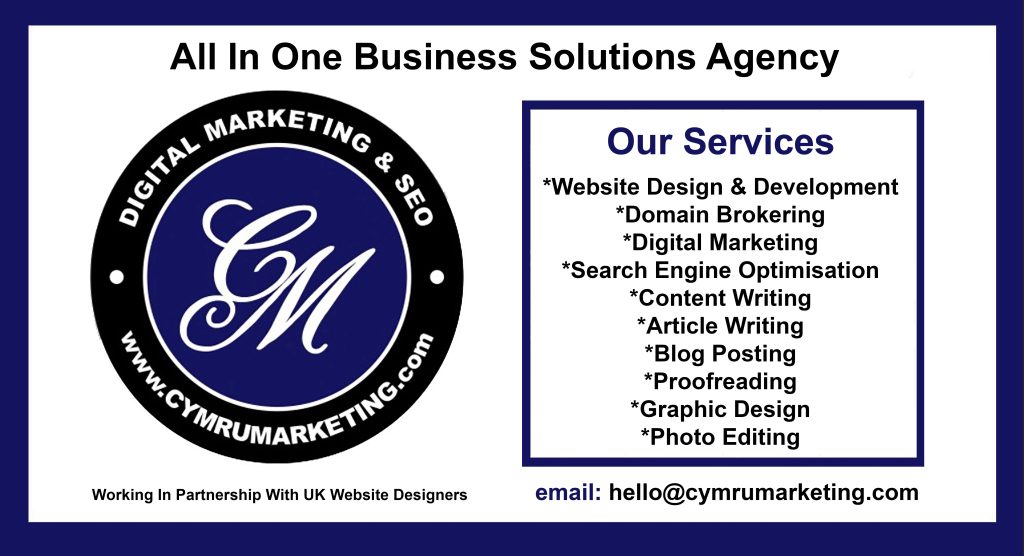
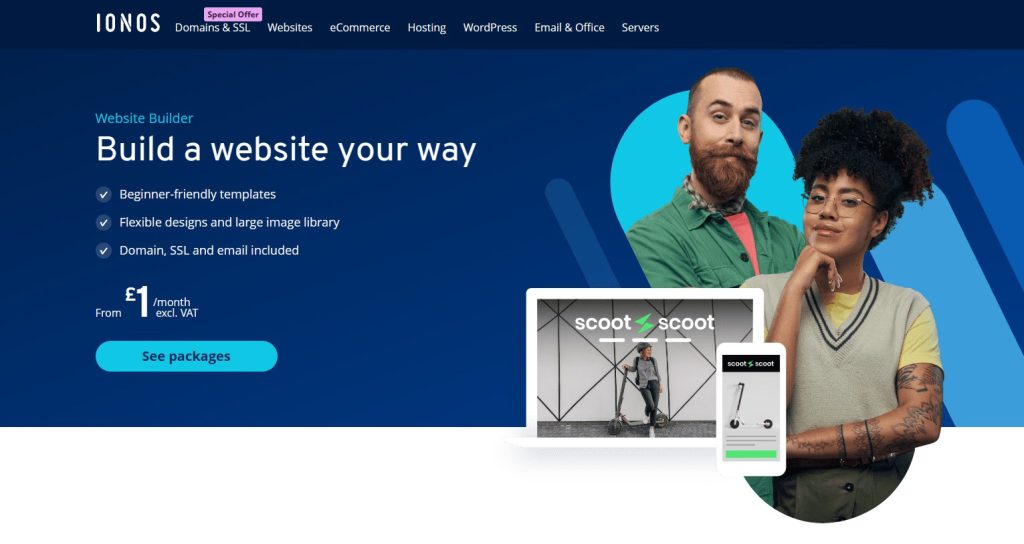
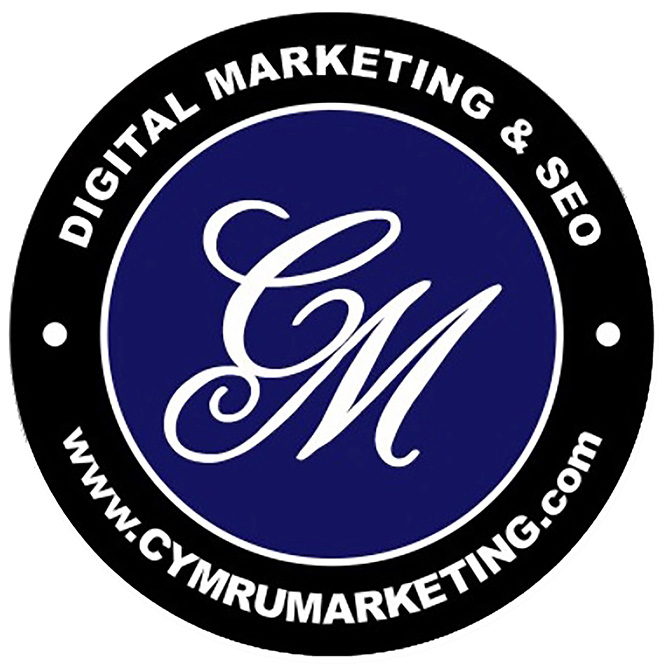
#entrepreneurs #entrepreneurship #startups #sme #smallmediumenterprises #digitalmarketing #contentwriting #networking #connection #highnetworth
